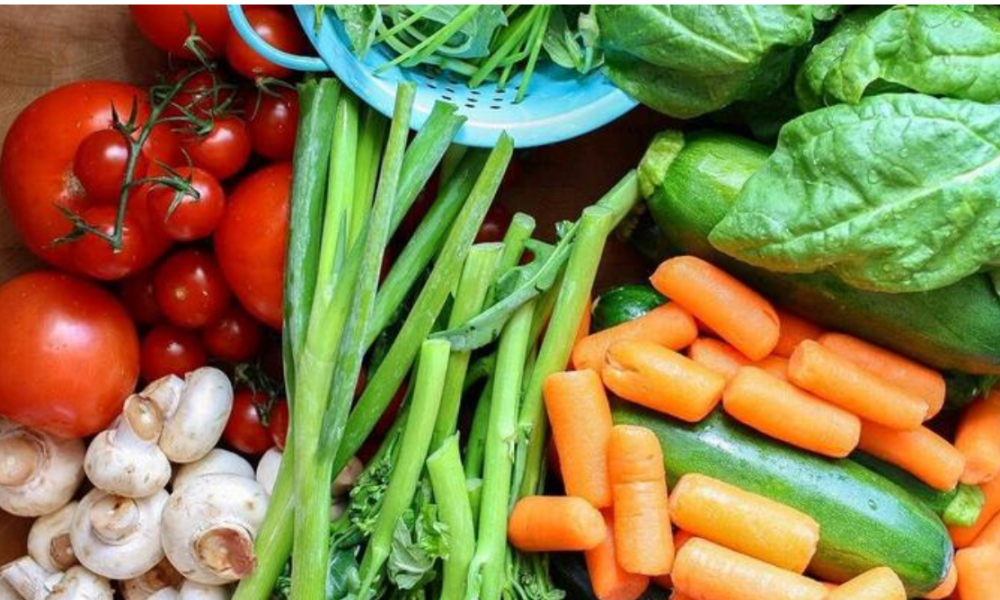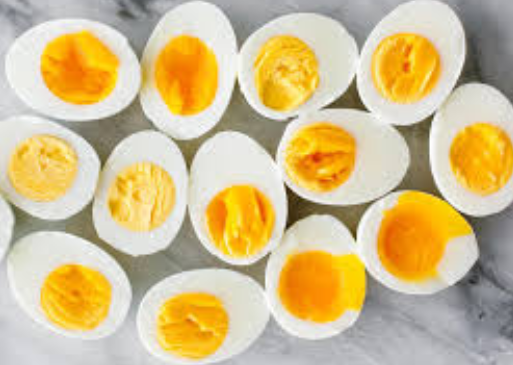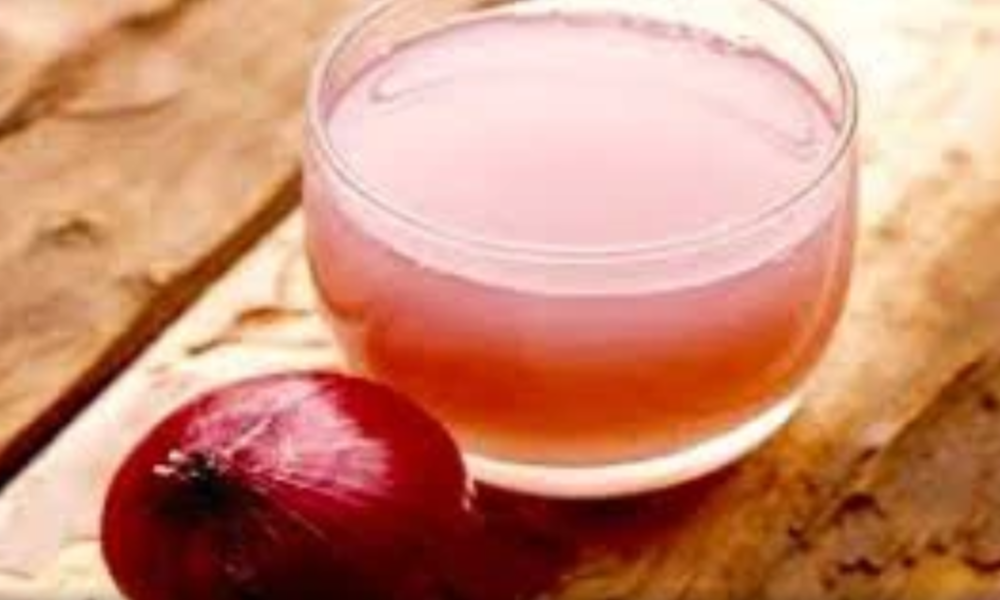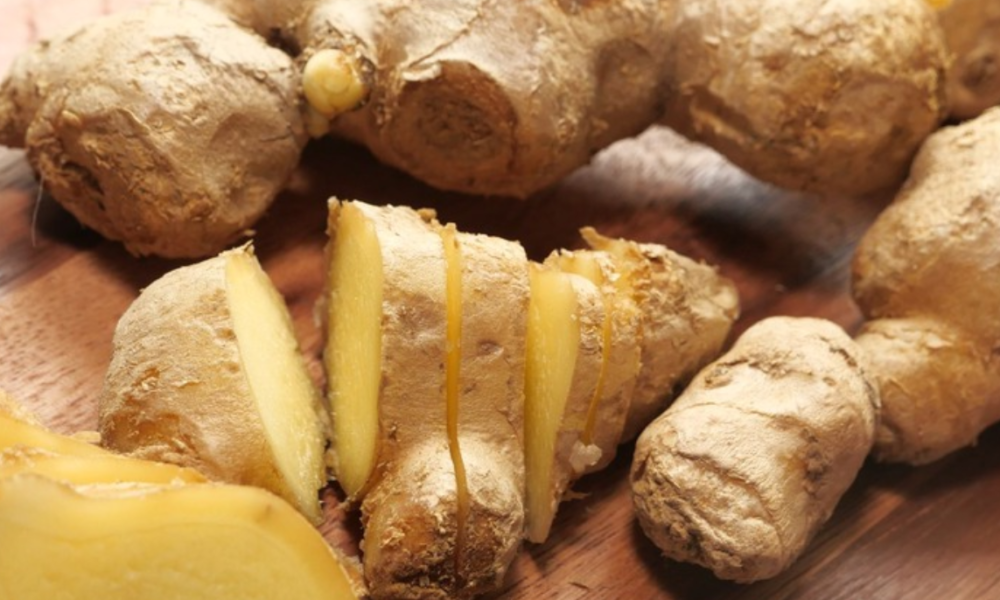When it comes to food safety, avoiding certain foods if they are not properly cooked is crucial to prevent foodborne illnesses. Here are some key foods that should be avoided if not cooked adequately:….Read The Full Story Here ▶
1. Meat and Poultry:** Undercooked meat, poultry, and eggs can harbor harmful bacteria such as Salmonella, E. coli, and Campylobacter. Proper cooking, typically at temperatures above 165°F (74°C) for poultry and 145°F (63°C) for beef, lamb, and pork, is essential to kill these pathogens….Read Full story…>>
2. Seafood:** Raw or undercooked seafood, including fish and shellfish, can contain parasites, bacteria, and viruses that may cause severe gastrointestinal issues. Cooking seafood thoroughly helps eliminate these health risks.
3. Eggs:** Raw or undercooked eggs can contain Salmonella bacteria. It’s recommended to cook eggs until both the yolk and white are firm, especially for dishes like scrambled eggs or omelets.
4. Sprouts:** Raw sprouts, such as alfalfa, clover, or mung bean sprouts, can harbor bacteria like E. coli and Salmonella. Cooking them thoroughly can reduce the risk of contamination.
5. Unpasteurized Dairy Products:** Unpasteurized milk, cheese, and other dairy products can contain harmful bacteria like Listeria, Salmonella, and E. coli. Pasteurization, which involves heating to a specific temperature to kill pathogens, is necessary to make these products safe to consume.
6. Pre-cut Fruits and Vegetables:** Pre-cut fruits and vegetables, if not handled and stored properly, can become contaminated with bacteria. Cooking can help eliminate these risks, but proper washing and handling are also crucial.
**7. Rice and Pasta:** Rice and pasta can harbor spores of Bacillus cereus, which can survive cooking if not heated adequately or stored at improper temperatures. Reheating these foods thoroughly can help kill any remaining bacteria.
**8. Raw Sprouts:** Raw sprouts, such as alfalfa, clover, or mung bean sprouts, can harbor bacteria like E. coli and Salmonella. Cooking them thoroughly can reduce the risk of contamination.
**9. Unpasteurized Dairy Products:** Unpasteurized milk, cheese, and other dairy products can contain harmful bacteria like Listeria, Salmonella, and E. coli. Pasteurization, which involves heating to a specific temperature to kill pathogens, is necessary to make these products safe to consume.
**10. Pre-cut Fruits and Vegetables:** Pre-cut fruits and vegetables, if not handled and stored properly, can become contaminated with bacteria. Cooking can help eliminate these risks, but proper washing and handling are also crucial.
**11. Rice and Pasta:** Rice and pasta can harbor spores of Bacillus cereus, which can survive cooking if not heated adequately or stored at improper temperatures. Reheating these foods thoroughly can help kill any remaining bacteria.
…Click Here To Continue Reading>> …Click Here To Continue Reading>> …Click Here To Continue Reading>>







